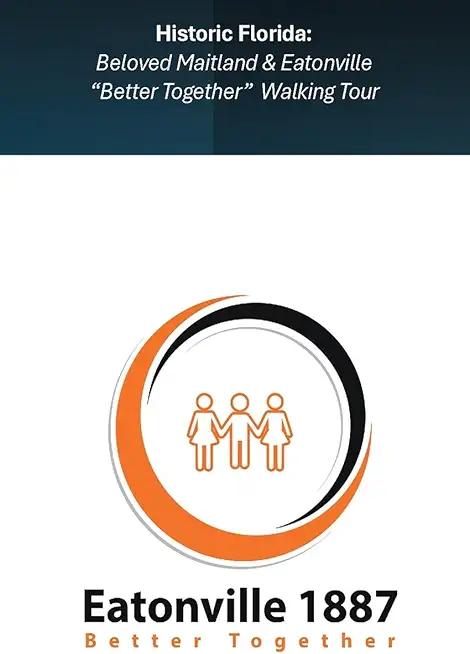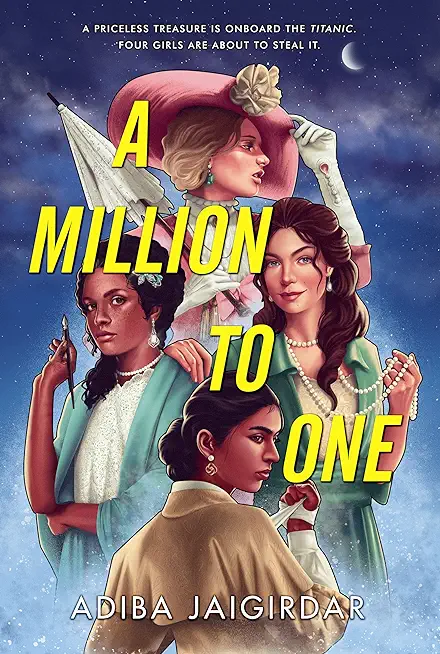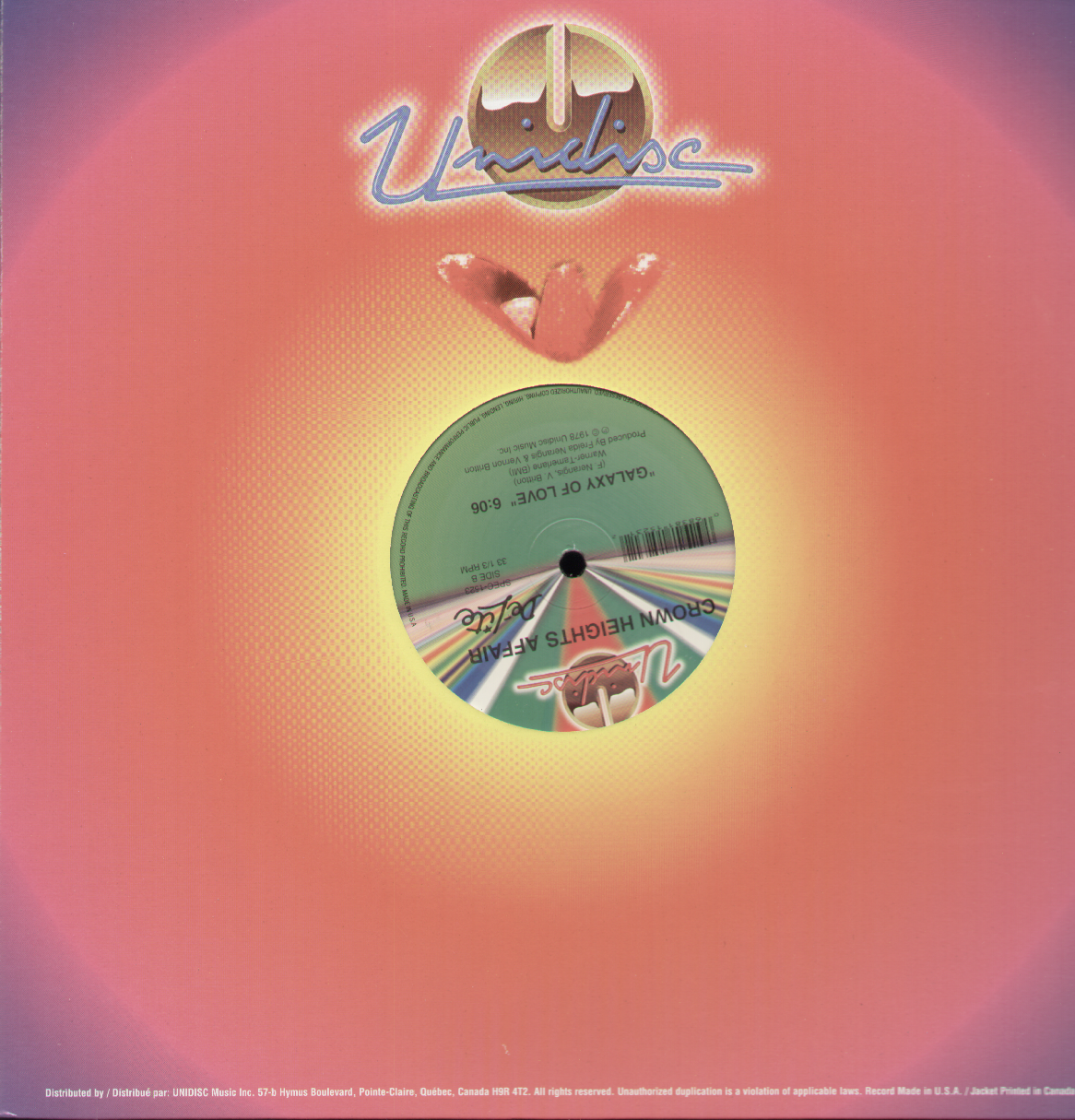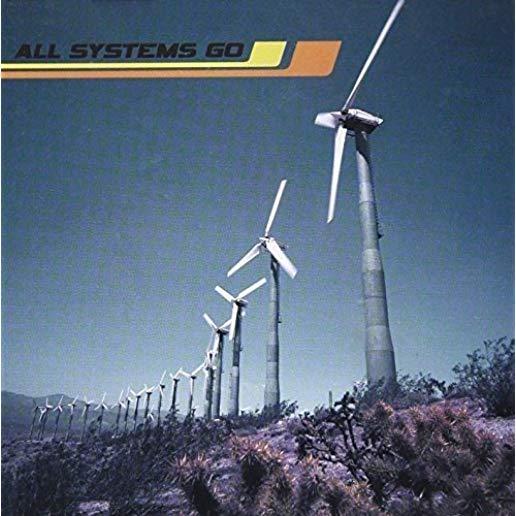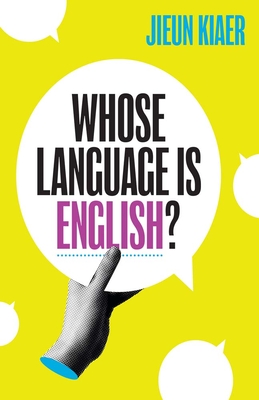
description
e English language, from British colonialism to the age of social media, emphasizing dynamism and democratization Whose language is English? Although we often think of it as native to one place, today there are many Englishes. About seventy-five countries are now using English as their official or first language, and the number of people speaking it around the world continues to rise. But the makeup of the English-speaking population is changing. The proportion of speakers for whom English is a first language, for instance, is decreasing, due to the explosion in popularity of English as a second language. In this ambitious book, Jieun Kiaer explores the lives of English words in the twenty-first century, when the creation and use of language has become an increasingly dynamic, interactive, and diverse process in which ordinary people have taken leading roles--offering such coinages as "flexitarian," "MeToo," "glow up," and "shitizen" to "No sabo kids" and beyond. As English language grows ever more diverse, Kiaer believes, we need a paradigm shift. We must acknowledge that all varieties of English are languages in their own right when they are used by a community of speakers. English is a language that belongs to everyone. Considering the effects of social media, the Covid-19 pandemic, virtual work, globalization, and artificial intelligence, Kiaer paints a compelling portrait of a diffuse, rapidly evolving language characterized by creativity and democratization.
member goods
No member items were found under this heading.
listens & views

HARLEM HOLIDAY 1: NY R&B ...
by HARLEM HOLIDAY 1: NY RANDB / VARIOUS
COMPACT DISCout of stock
$11.99
Return Policy
All sales are final
Shipping
No special shipping considerations available.
Shipping fees determined at checkout.

